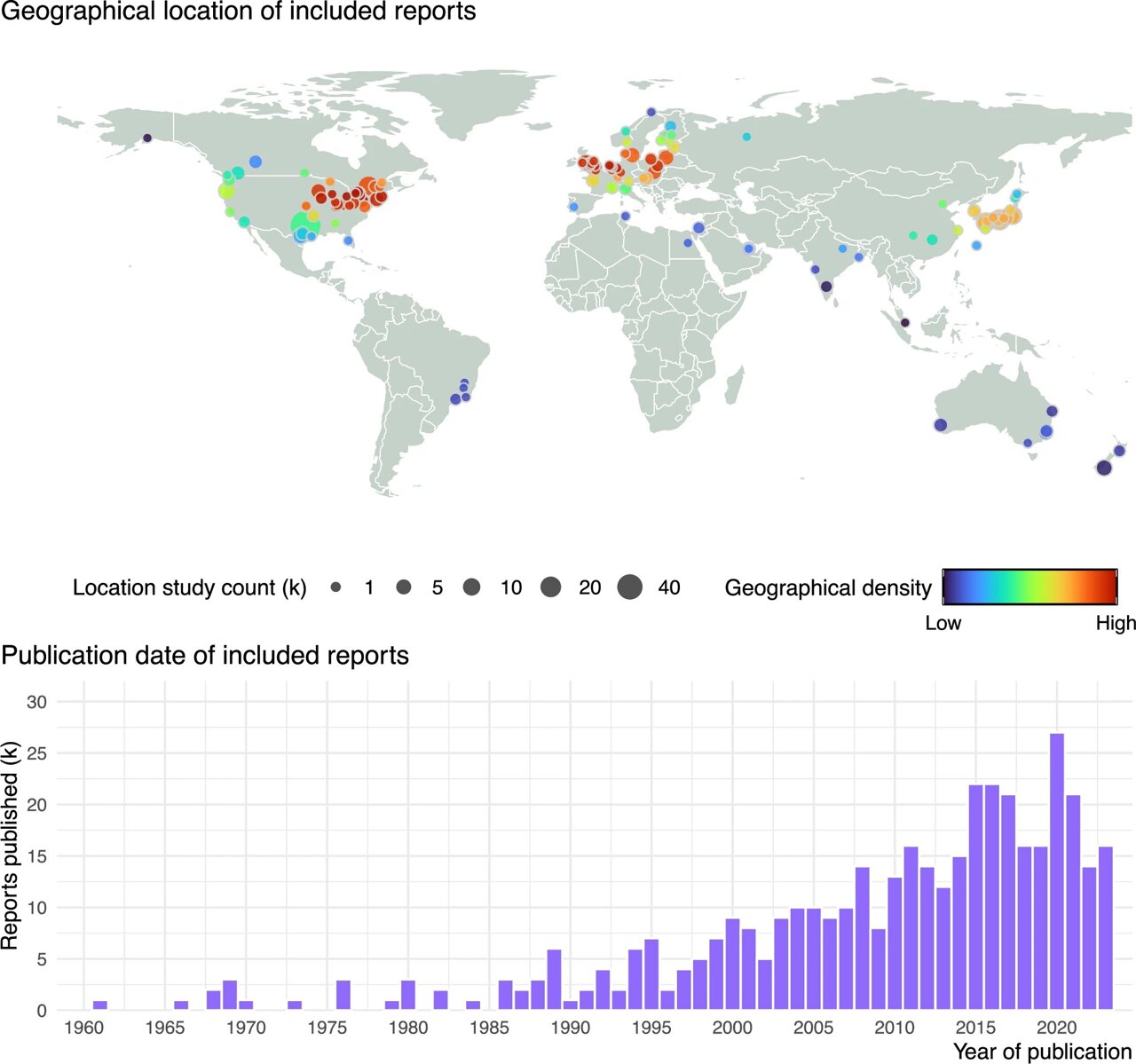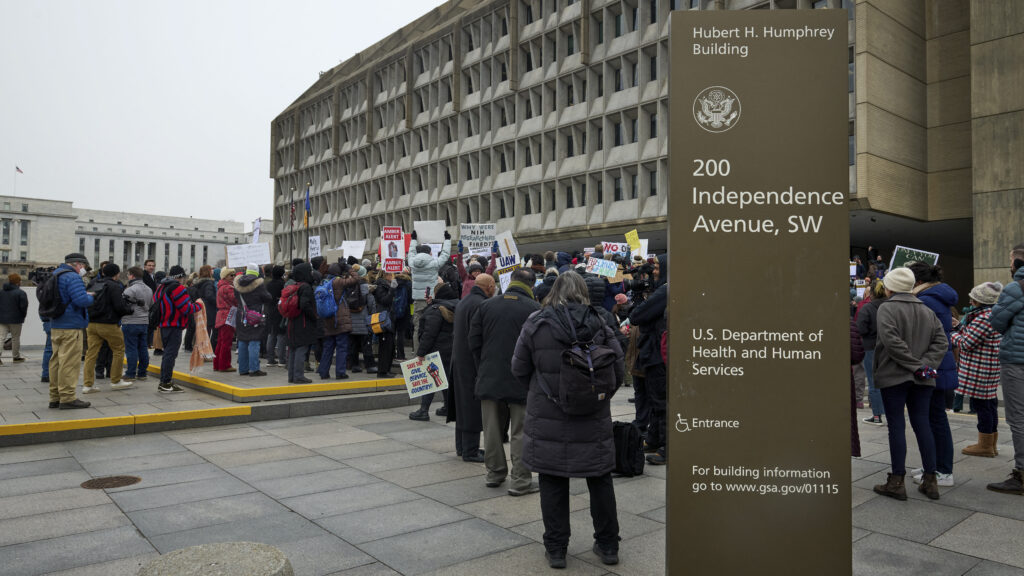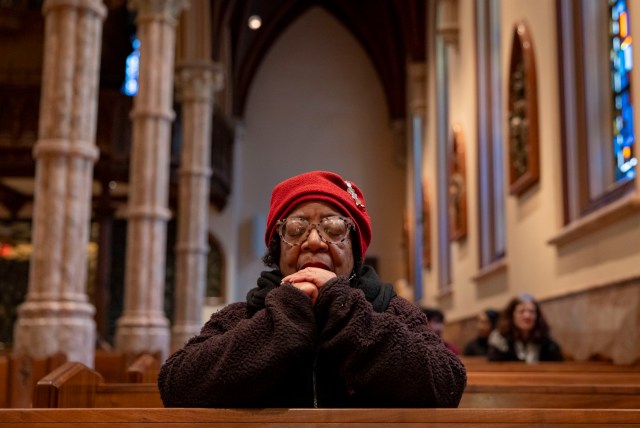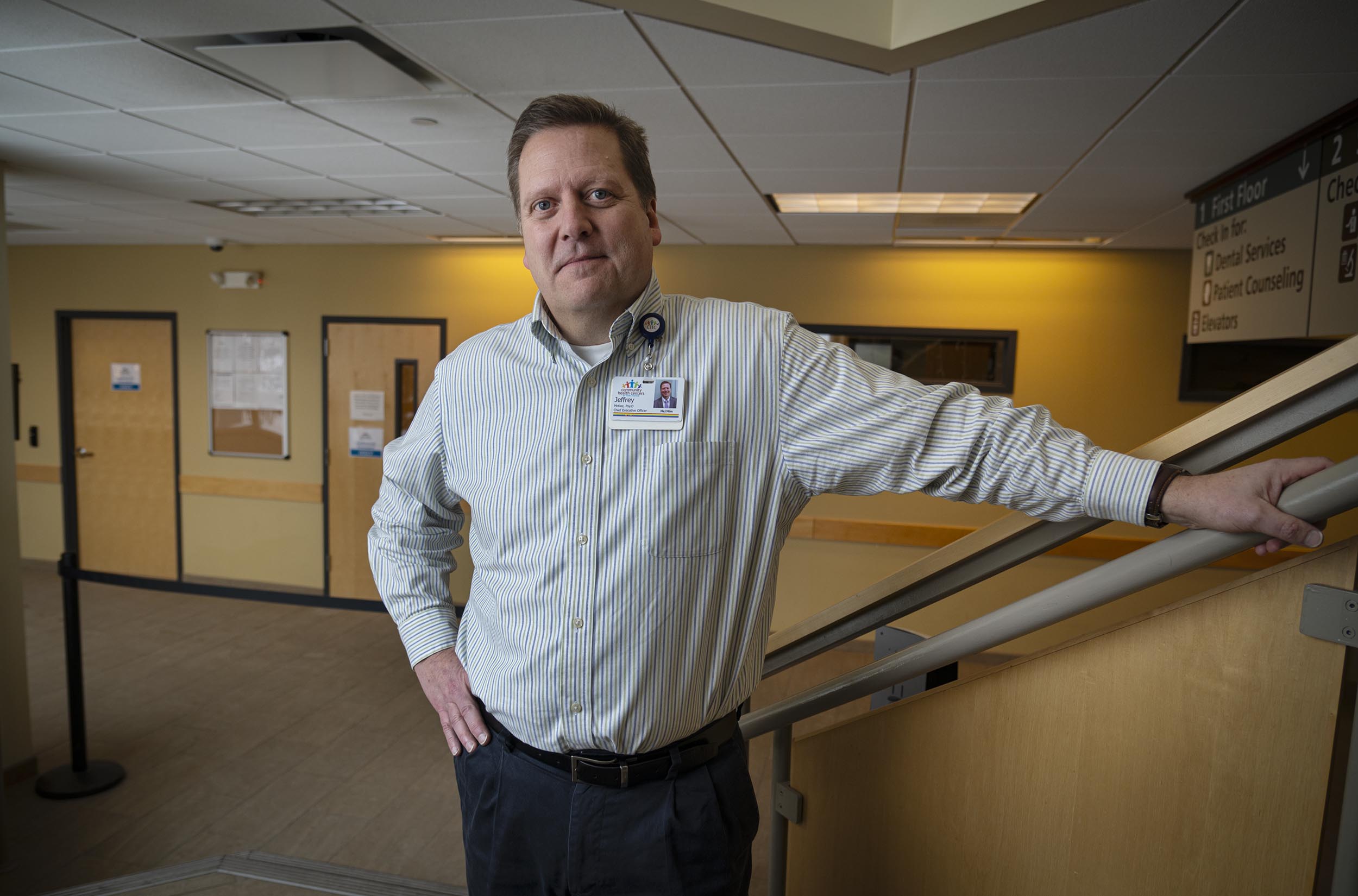Lifeline in the Neighborhood: How One Nonprofit Is Transforming Health and Nutrition in South St. Pete
Health
2025-04-14 19:21:07Content
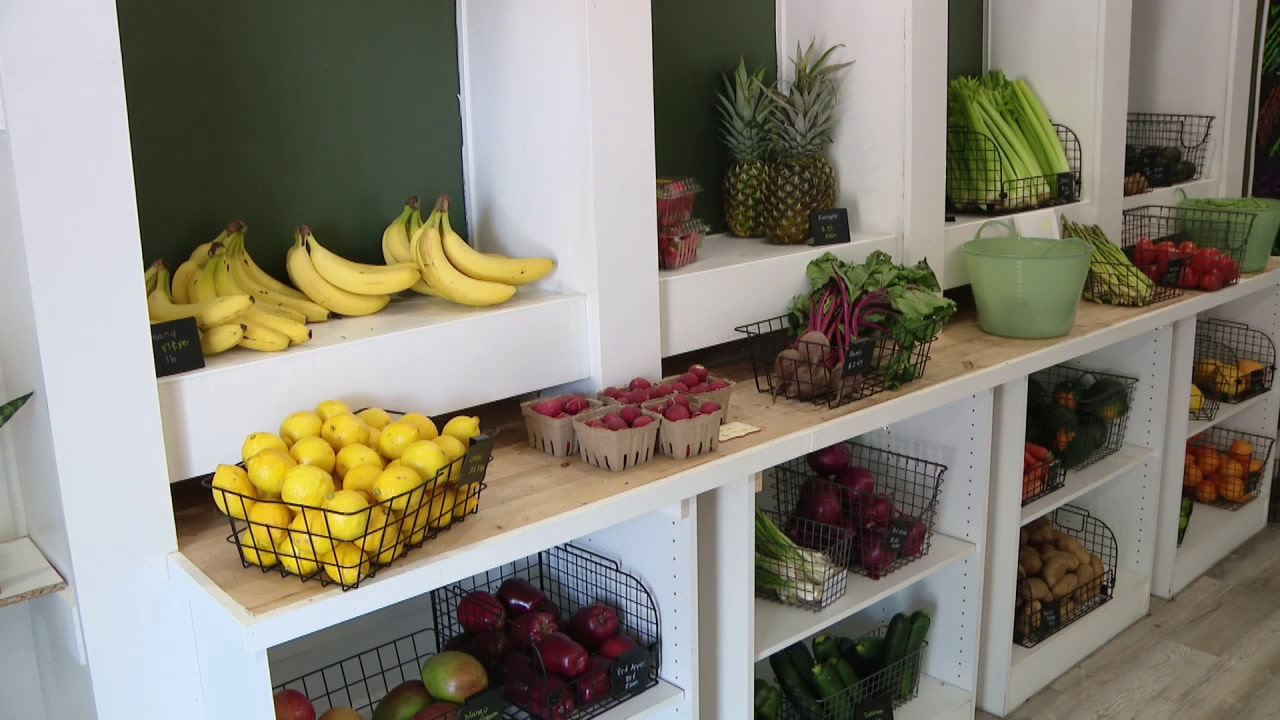
Transforming Food Access: How South St. Pete is Blooming with Fresh Opportunities
Once labeled a "food desert," South St. Petersburg has long struggled with limited access to fresh, nutritious produce. However, a remarkable transformation is underway, driven by the passionate efforts of local changemaker Kelli Casto.
Where empty lots and convenience stores once dominated the landscape, vibrant community gardens and innovative food initiatives are now taking root. Casto's groundbreaking work has been instrumental in reshaping the neighborhood's nutritional landscape, bringing hope and health to residents who previously had few options for fresh, wholesome food.
Her vision goes beyond simply providing produce; it's about empowering the community, creating sustainable food systems, and improving overall quality of life. By connecting local farmers, engaging residents, and developing strategic partnerships, Casto is proving that meaningful change is possible, one fresh vegetable at a time.
The story of South St. Pete is no longer about scarcity, but about resilience, innovation, and the power of community-driven solutions.
From Food Desert to Culinary Oasis: How One Woman Transformed South St. Pete's Nutritional Landscape
In the heart of South St. Petersburg, a remarkable transformation is unfolding, challenging long-standing barriers to nutritional access and community well-being. What was once a barren landscape of limited food options has become a beacon of hope, driven by the passionate efforts of a single visionary who refused to accept the status quo of nutritional inequality.Revolutionizing Urban Nutrition: A Story of Resilience and Community Empowerment
The Roots of Nutritional Inequality
South St. Petersburg's historical struggle with food accessibility represents a complex tapestry of socioeconomic challenges that have plagued urban communities for decades. The neighborhood's nutritional landscape was characterized by a profound scarcity of fresh, healthy food options, creating a systemic barrier to community health and well-being. Local residents found themselves trapped in a cycle of limited nutritional choices, with convenience stores and fast-food establishments dominating the culinary ecosystem. The environmental and economic constraints were multifaceted, stemming from decades of systemic disinvestment, racial segregation, and economic marginalization. Food deserts are not merely geographical phenomena but profound manifestations of deeper societal inequities that restrict community potential and individual health trajectories.Kelli Casto: A Catalyst for Transformative Change
Enter Kelli Casto, a local changemaker whose vision and determination would become the cornerstone of a nutritional revolution. Her approach transcended traditional problem-solving, combining grassroots community engagement with strategic urban planning and innovative food distribution models. Casto recognized that addressing food insecurity required more than simply introducing new grocery stores; it demanded a holistic reimagining of community infrastructure. Her multifaceted strategy involved collaborating with local farmers, establishing community gardens, negotiating with local businesses, and creating educational programs that empowered residents to understand and embrace nutritional diversity. By building networks of support and creating sustainable food ecosystems, Casto began dismantling the structural barriers that had long prevented healthy eating in South St. Petersburg.Community-Driven Nutritional Transformation
The impact of Casto's initiatives extended far beyond mere food availability. Community members began to experience a profound shift in their relationship with nutrition, viewing healthy eating not as an unattainable luxury but as an accessible and integral part of their daily lives. Local markets emerged, urban agriculture projects took root, and residents developed newfound skills in food cultivation and preparation. These transformations were not just about introducing healthier food options but about restoring community agency, dignity, and self-determination. Each garden planted, each cooking workshop conducted, and each local market established represented a small but significant victory against systemic nutritional inequity.Sustainable Solutions and Future Prospects
The ongoing work in South St. Petersburg serves as a powerful model for urban nutritional rehabilitation. By demonstrating that community-driven solutions can effectively address complex socioeconomic challenges, Casto and her collaborators have created a replicable framework for other marginalized urban communities seeking to overcome food insecurity. The journey from a food desert to a nutritional oasis is ongoing, requiring continuous commitment, innovation, and community collaboration. Yet, the progress achieved thus far offers a compelling narrative of hope, resilience, and the transformative power of dedicated individuals committed to creating meaningful change.RELATED NEWS
Health

Beyond Weight Loss: How Comprehensive Care Could Transform Obesity Treatment
2025-04-03 05:40:00
Health

Pope's Health in Focus: Local Faith Community Grapples with Pontiff's Medical Challenges
2025-02-23 02:45:22
